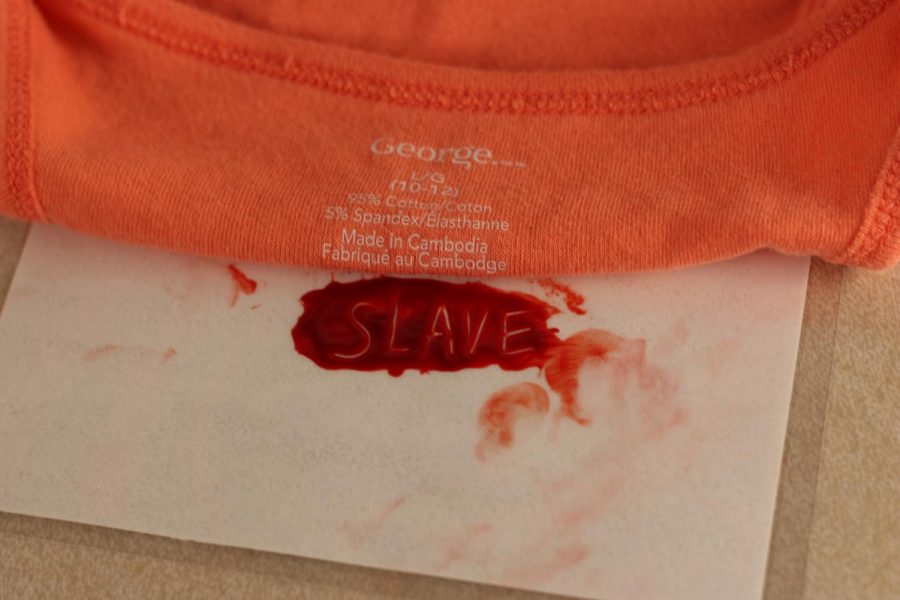Slavery behind our clothes
Since the Covid-19 crisis, the salary in Cambodia, for the clothes industry workers, has gone down even further. Before the pandemic, the salary was still not enough for the living cost.
A lot of clothes you wear were made in Cambodia, Adidas relies a lot on that country to provide some of their stores. H&M sells hoodies for as little as 25$ because Cambodian women sew for roughly 50 cents per hour.
In 2020 the minimum wage was raised from 182$ to 190$ and in 2021 it was supposed to reach 192$ per month, but due to Covid the garment industry delayed the negotiations for it.
As a result, the overtime payments were suspended. It is important to understand that the industries didn’t get much order, so they couldn’t pay workers. In Cambodia, the Covid made a lot of clothing factories close their doors.
In January 2014, the workers in Cambodia had enough and decided to express their feelings about their low salaries. The strike ended with four dead workers as the police arrived and opened fire on them. “We are not actually asking for much money, we just want a proper salary to make a decent living with dignity,” said a girl working for the clothing industry.
The lack of work in those developing countries , raised the cost of living for a lot of people. For example, most of the people get 100$ a month and one meal is about 1$ and if you count three meals a day it comes up to 3$. For one month it could go to 75$ to 90$. At the end, if they eat three meals a day they can’t afford other things like clothes, apartment, etc…
The office environment is also not the best; it is hot and toxic.The factories are never in good shapes and have major issues with their structure.
The workers do a lot of overtime, sometimes two shifts a day. They are even unfortunately forced to finish the order they got assigned to by being locked up in the factory. “I don’t want anyone wearing anything which is produced by our blood”, said Shima Akhter, a garment worker.

